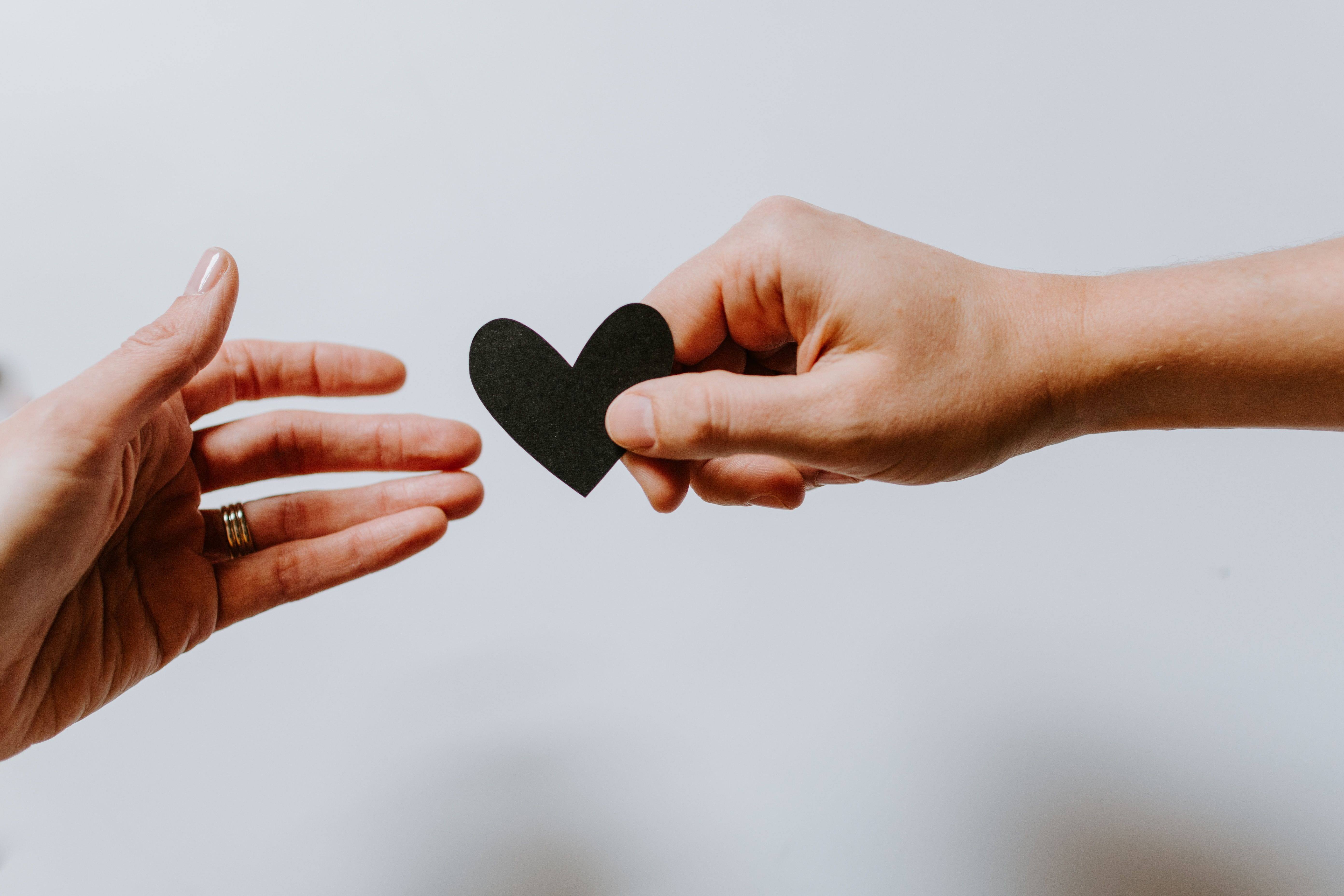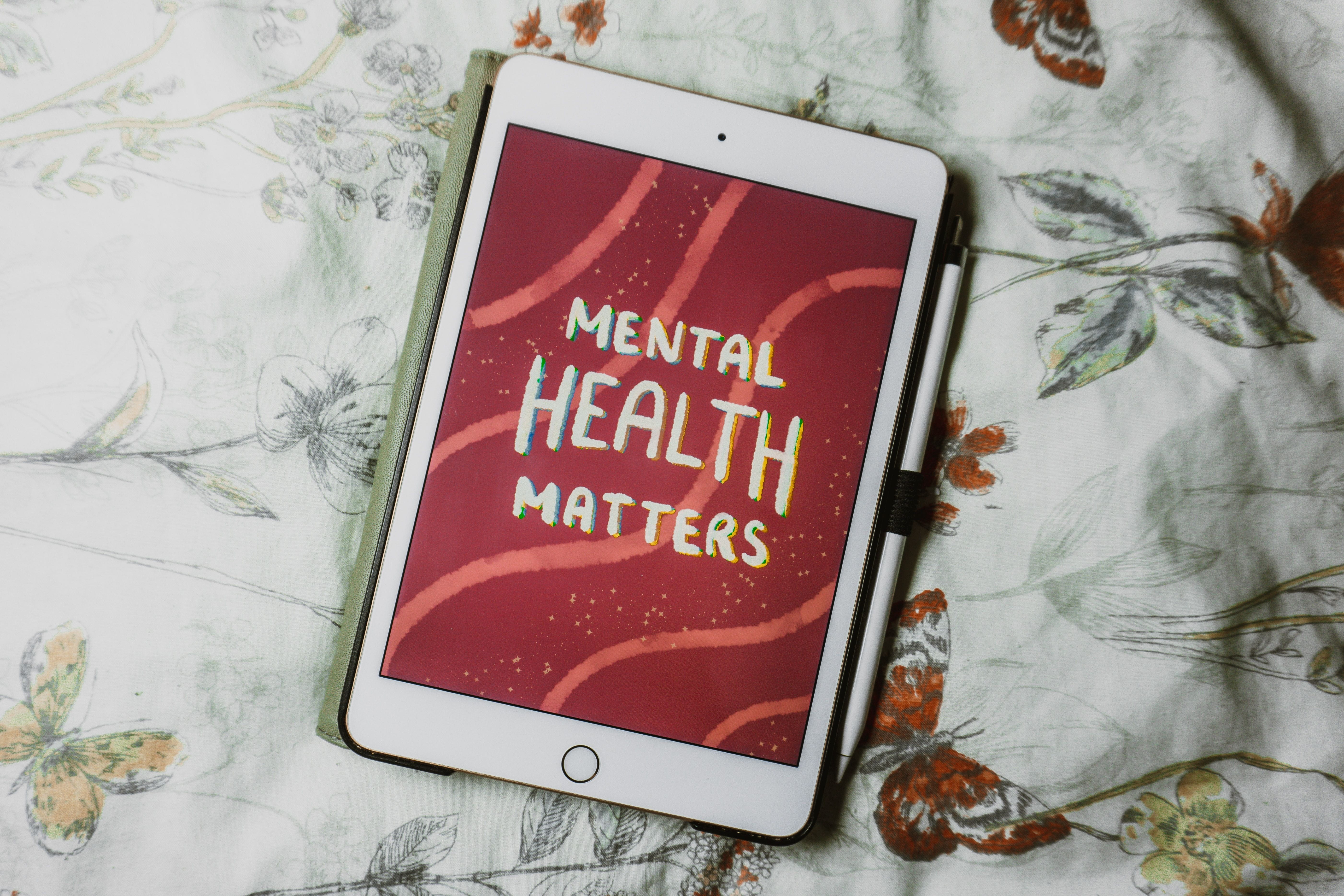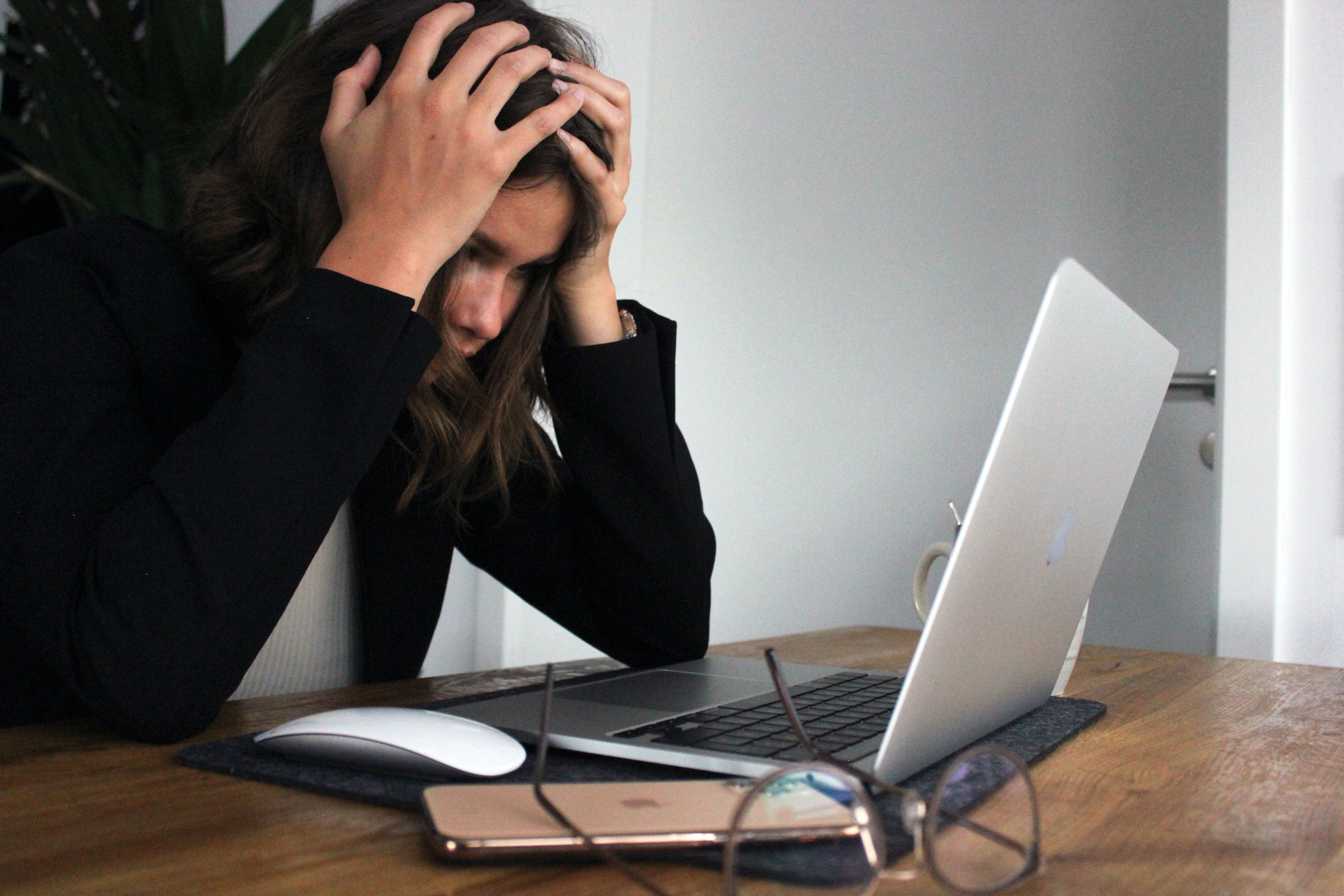With the increase in social media consumption, especially among adolescents, social media content has also become more diverse. While this can be great for raising awareness, discussing taboo topics, and connecting with like-minded people, it also presents several challenges. In an age where anyone can become an influencer, misinformation is rampant on the internet and has influenced the world’s mental health crisis, both for good and bad. This article will discuss some pros and cons of mental health discourse on social media.
Benefits of Online Mental Health Awareness
Since teenagers can access various resources through the Internet, social media can be a good thing in many ways.
Community building

photo by Kelly Sikkema on Unsplash
Many influencers who aim to encourage online conversations about mental health can create communities for people to feel something extremely important, especially in times of isolation during and after the COVID-19 pandemic: you n You’re not alone. With so many public platforms speaking openly about mental health issues, social media helps teens find others who are going through the same thing and can give them hope that their experiences are shared and improved. They are also able to connect with people who have overcome or are working to overcome specific mental health issues, which can reassure teens that things can get better for them too.
Verified information
Some influencers with professional degrees use their knowledge to provide verified and reliable resources and information about mental health. Practicing psychologists can raise awareness about mental wellness through their platforms by providing credible information and a safe space to their audiences. One example is @awkwardgoat13 on Instagram, an Indian influencer and psychologist who not only posts easy-to-understand and accessible posts and reels, but also owns @thefriendlycouch, a network of mental health professionals providing access to therapy. Internet personalities like this may not be able to directly help every teen in their audience, but they can provide them with helpful resources to seek help in the right direction. This can help them understand what they might be experiencing, as confusion can be extremely frustrating, and then take safe action accordingly.
Reduce stigma

photo by Emily Hells on Unsplash
Candid conversations about mental health on the Internet, whether through celebrities recounting their personal struggles or like-minded people connecting in online forums, have helped reduce mental health stigma and educating many people about the importance of talking about it. on this subject. While stigma persists in many homes, social media is increasingly raising the topic, encouraging teens to speak with family or trusted guardians and seek help. This is extremely crucial since many school curricula do not cover mental health as a viable topic requiring discussion. Although social media cannot replace traditional education, it can inspire change.
Disadvantages of Online Mental Health Awareness
Although social media has been instrumental in the discourse around mental health, it has some dangerous downsides.
Trolls and tyrants
Internet users can hide behind an anonymous name, confront and intimidate others on the Internet. Access to vulnerable people is extremely easy for them, so you should always take precautions and control your use of social media. In this way, social media can actually contribute to a decline in your mental health, which can be extremely harmful. When people talk about their mental health online, their positivity is tainted by negative comments that shame that person. This can take a toll on their emotional well-being and influence people who read their comments, discouraging them from opening up about how they might be feeling and preventing them from getting the help they need.
Disinformation

photo by Elisa Ventur on Unsplash
Social media allows people to upload unverified information without anyone checking it. They may spread “facts” that are not true, which can lead to a significant decline in the mental health of users of these platforms. In particular, influencers with large followings can spread harmful information in the name of marketing and influence their audience in the wrong direction. Always make sure you seek mental health advice from an experienced professional and remember that what works for someone else on the internet may not be the right thing for you.
Self-diagnosis
Many people may use social media to self-diagnose. For example, if you see a reel describing certain symptoms of ADHD, that doesn’t mean you have ADHD, and giving yourself that label without talking to a professional is harmful. Many influencers may also convince their audience members that they suffer from a certain mental illness just to sell them a “solution.” A wrong diagnosis can lead to more problems and cause deeper mental health problems.
Misuse of information

photo by Icons8 Team on Unsplash
People can take information you might share about your mental health and misuse it for their own benefit. They can manipulate you into believing things that are not true. Many people may also mirror signs of mental illness on social media simply to gain sympathy and possibly raise money for themselves without suffering from the actual illness, which is highly exploitative, disabling people with illnesses real and takes away their attention and resources.
Social media can often glorify mental health issues and romanticize them. Influencers can make it seem like having a mental health issue has no negative consequences in their lives, which can lead many people to believe that having a mental illness isn’t that difficult, which invalidates once again the struggles of people facing problems in their lives. There is a fine line between raising awareness of mental health and glorifying it. Make sure you follow people who don’t lie about something serious and important and show you all sides of the story.
Conclusion
Social media can be a great tool for accessing mental health information, especially for people who can’t get a diagnosis. This can help make people feel like they are not alone, raise awareness about the normalization of discussions about mental health, and reduce the negativity that comes with it. However, don’t rely entirely on social media for your emotional well-being. The negative consequences are dangerous. While you shouldn’t self-diagnose based on what you see online, it can help you get an idea of what you might be struggling with, and seeing other people going through a similar situation can help. give a feeling of hope. Whatever information you get from social media, make sure you get it from a reputable source and don’t believe everything you are exposed to via the internet.